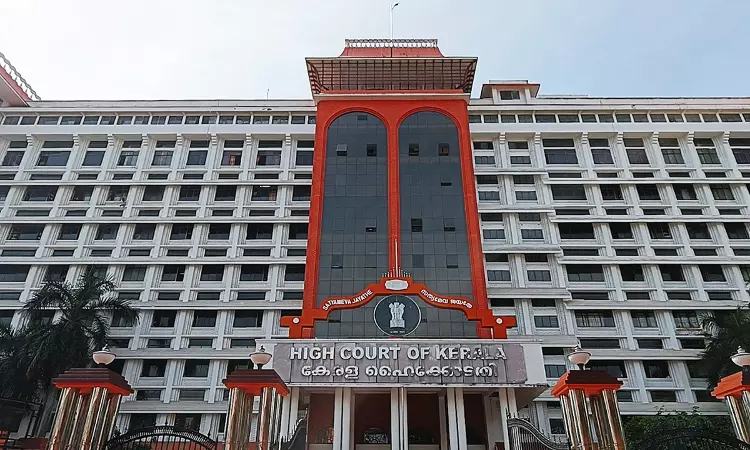The Kerala High Court has held that the tax effect in the appeals filed by the income tax department pertaining to assessment years 2006–07, 2007–08, 2008–09, 2009–10, and 2010–11 is well below the monetary limit of Rs. 1 crore and is liable to be dismissed.The bench of Justice A.K. Jayasankaran Nambiar and Justice Syam Kumar V.M. has observed that, as per Circular No. 3 of 2018...

